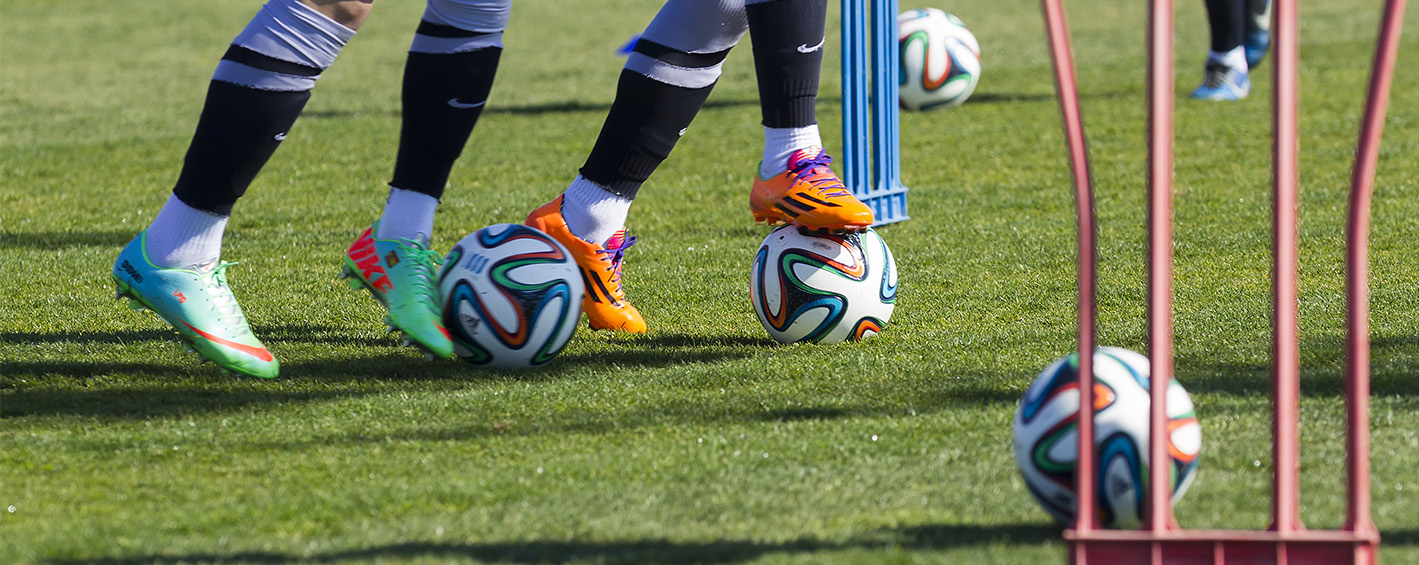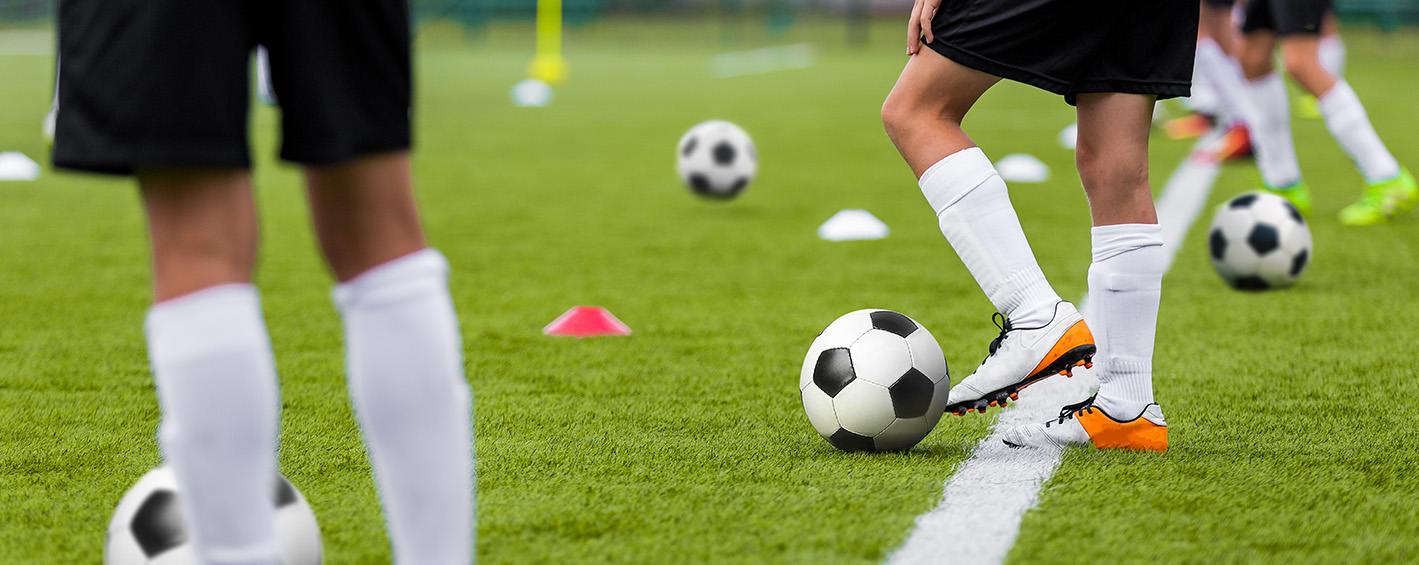Share it
Every coach has been there — the game where nothing seems to click. What do you do at the next coaching session? Use the information here to get your team back up to speed after a match you would rather forget...

Passes go astray, defenders forget to track back, the ball keeps getting forced through the crowded middle instead of using the width, and your goalkeeper has endured a tough day between the posts. These moments sting, but they’re also golden teaching opportunities.
Step 1: Frame the Learning, Not the Failure
The first session after such a game isn’t about running players into the ground or berating mistakes. It’s about calmly unpacking what happened and showing the group how to do better next time. Focus on three areas: defensive recovery runs, ball circulation wide, and decision-making under pressure. Small-sided possession games with wide “bonus zones” are perfect here.
Step 2: Rebuild the Goalkeeper’s Confidence
Young keepers take setbacks hardest. Emphasise bravery and effort rather than just the goals conceded. Run short, confidence-boosting drills where they make achievable saves, then gradually build intensity. Reinforce the message: one tough game doesn’t define a goalkeeper — or a team.
Step 3: Move Forward Together
Make sure players understand mistakes are stepping stones. Challenge defenders to win the “first sprint back,” encourage midfielders to switch play through wide channels, and highlight the team’s responsibility to protect the goalkeeper.

Coach’s Toolbox
-
Wide Gates Game – 6v6, goals only count if the ball is played through wide zones first.
-
Recovery Sprint Challenge – After every turnover, defenders must race back to protect goal.
-
GK Confidence Circuit – 5–10 rapid-fire saves, with teammates cheering.
✅ Key Message: After tough games, coach resilience, solutions, and support. Losses don’t define young players — how they respond does.
3-Session Recovery Plan After a Heavy Defeat
Session 1 – Reset & Confidence Building
Focus: Restore belief, rebuild energy, and address mistakes without blame.
-
Warm-Up (10 mins): Fun possession rondos (4v2). Keep tempo light, lots of touches, quick rotations.
-
Main Practice (20 mins):
-
Recovery Run Game – 4v4 in a 30x20 grid. Every turnover = defenders must sprint back to protect a mini-goal before attackers can score.
-
-
Goalkeeper Focus (10 mins): Simple handling and shot-stopping from friendly, achievable angles. Praise every successful save loudly.
-
Cool Down & Chat (5 mins): Reflect on positives, one thing each player will improve next time.
🔑 Key Outcome: Players leave smiling but understanding recovery runs and resilience are non-negotiable.
Session 2 – Tactical Correction & Smart Decisions
Focus: Use width, keep possession, and avoid forcing play.
-
Warm-Up (10 mins): Passing sequences into wide zones — ball must go through a “wing gate” before attacking.
-
Main Practice (20 mins):
-
Wide Gates Match – 6v6 in 40x30 pitch with wide channels. Goals only count if the ball passes through a wide channel first.
-
-
Goalkeeper Focus (10 mins): Distribution drill — GK starts play into wide defenders, encouraging confidence with feet.
-
Cool Down (5 mins): Team stretch while coach highlights examples of smart wide play.
🔑 Key Outcome: Players learn to spread the game, value possession, and involve the GK in build-up.
Session 3 – Match Simulation & Mental Toughness
Focus: Put it all together under pressure.
-
Warm-Up (10 mins): Quick 5v2 rondos — “3-second rule” to press if ball is lost.
-
Main Practice (25 mins):
-
Conditioned Match (7v7) – Rules:
-
Turnover = immediate 3-second press.
-
Goals = double if attack starts wide.
-
GK save = play restarts immediately to encourage fast transitions.
-
-
-
Debrief Game (5 mins): Praise resilience, highlight successful recovery runs, wide attacks, and GK contributions.
🔑 Key Outcome: Team understands how to respond collectively when things go wrong and feels prepared for the next match.
✅ Overall Takeaway:
This 3-session recovery plan shifts the focus from defeat to growth. Session 1 restores confidence, Session 2 fixes tactical issues, and Session 3 embeds new habits under realistic match pressure. By the end of the week, players feel supported, sharper, and ready to perform.
